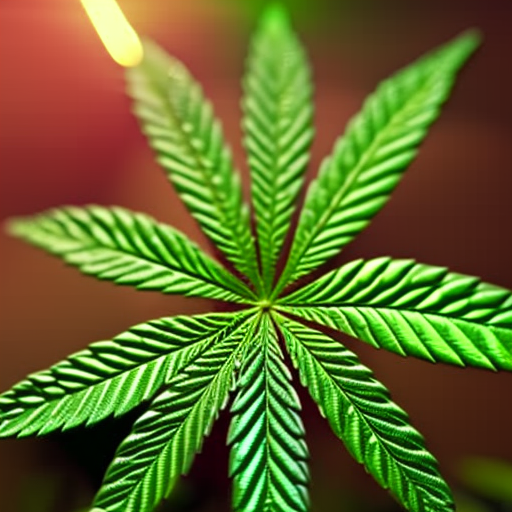
Mood disorders are a group of mental health conditions that persistently affect a person’s emotional state. These disorders include depression, bipolar disorder, and seasonal affective disorder. Each type of mood disorder has its own biological causes and treatment options. Substance-induced mood disorders are directly related to a physiological imbalance caused by drug abuse.
The symptoms of mood disorders are similar across different types. These symptoms include ongoing sadness, low self-esteem, excessive guilt, loss of interest in usual activities, trouble concentrating, running away, trouble sleeping or sleeping too much, and decreased energy. These symptoms can significantly impact a person’s quality of life.
Treatments for mood disorders vary depending on the specific condition. One alternative treatment option that has shown promise is medical cannabis. Research published in 2016 in the periodical PloS One found that medical cannabis alleviated symptoms in patients with bipolar disorder (MJBP). The study concluded that “findings suggest that for some bipolar patients, marijuana may result in partial alleviation of clinical symptoms” without additional cognitive impairment.
John Hopkins Medicine identifies several causes for mood disorders, including a biological imbalance of brain chemicals, life events, and genetics. Women are almost twice as likely as men to suffer from depression, and relatives of people with bipolar disorder are also at increased risk for depression.
In addition to medication, people with mood disorders often attend therapy sessions such as cognitive-behavioral therapy or interpersonal psychotherapy. More intensive treatments include electroconvulsive therapy and transcranial stimulation.
There is growing evidence that medical cannabis can effectively alleviate symptoms of mood disorders. A study conducted by The University of New Mexico using real-life data collected by the Releaf App found that cannabis flower with high levels of tetrahydrocannabinol (THC) was associated with immediate reductions in the intensity of depressive feelings. This suggests that medical cannabis could be a safe and effective alternative to conventional antidepressant medications.
Another study published in BMC Psychiatry in 2020 reviewed the use of medicinal cannabis for psychiatric disorders. The study found encouraging evidence for the use of medical cannabis in the treatment of mood disorders, anxiety, sleep disorders, psychotic disorders, and attention deficit/hyperactivity disorder (ADHD).
While more research is needed to fully understand the effectiveness of medical cannabis for mood disorders, these studies provide hope for individuals suffering from these conditions. The ability to treat mood disturbances with natural, safe, and effective medications is a welcome development in mental health care.

